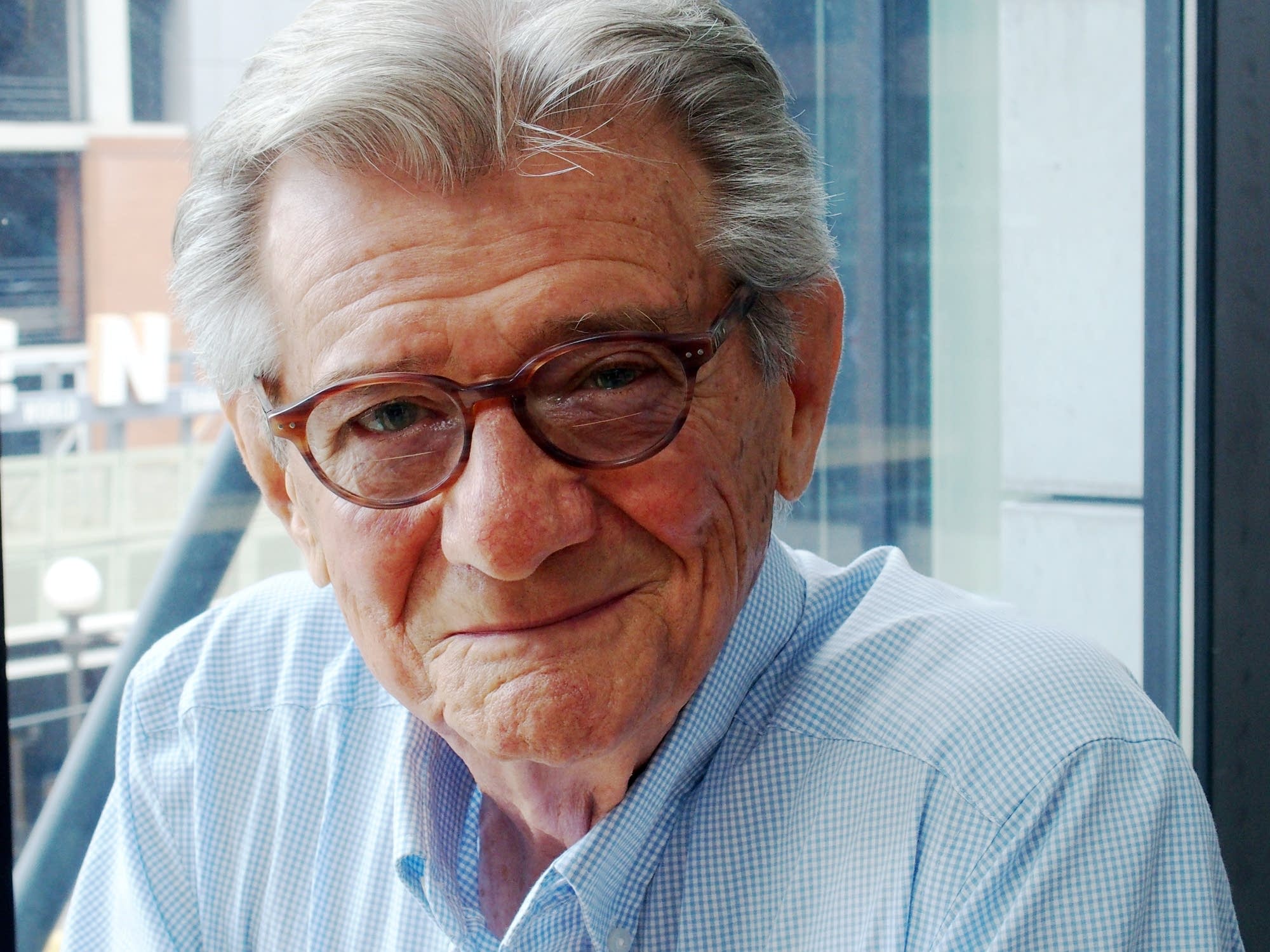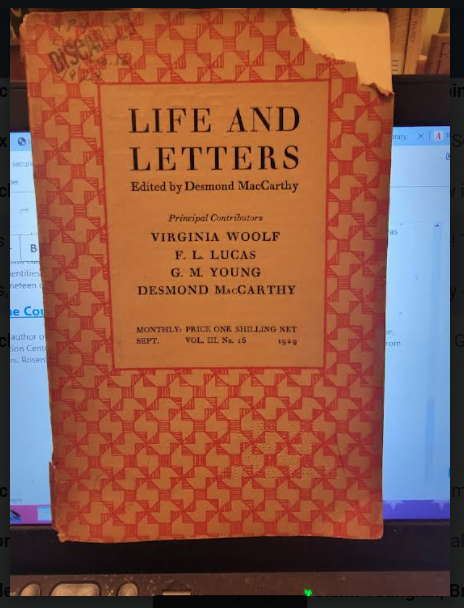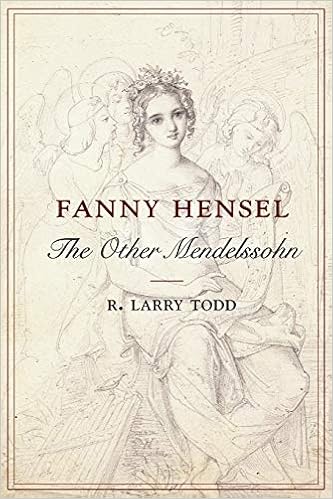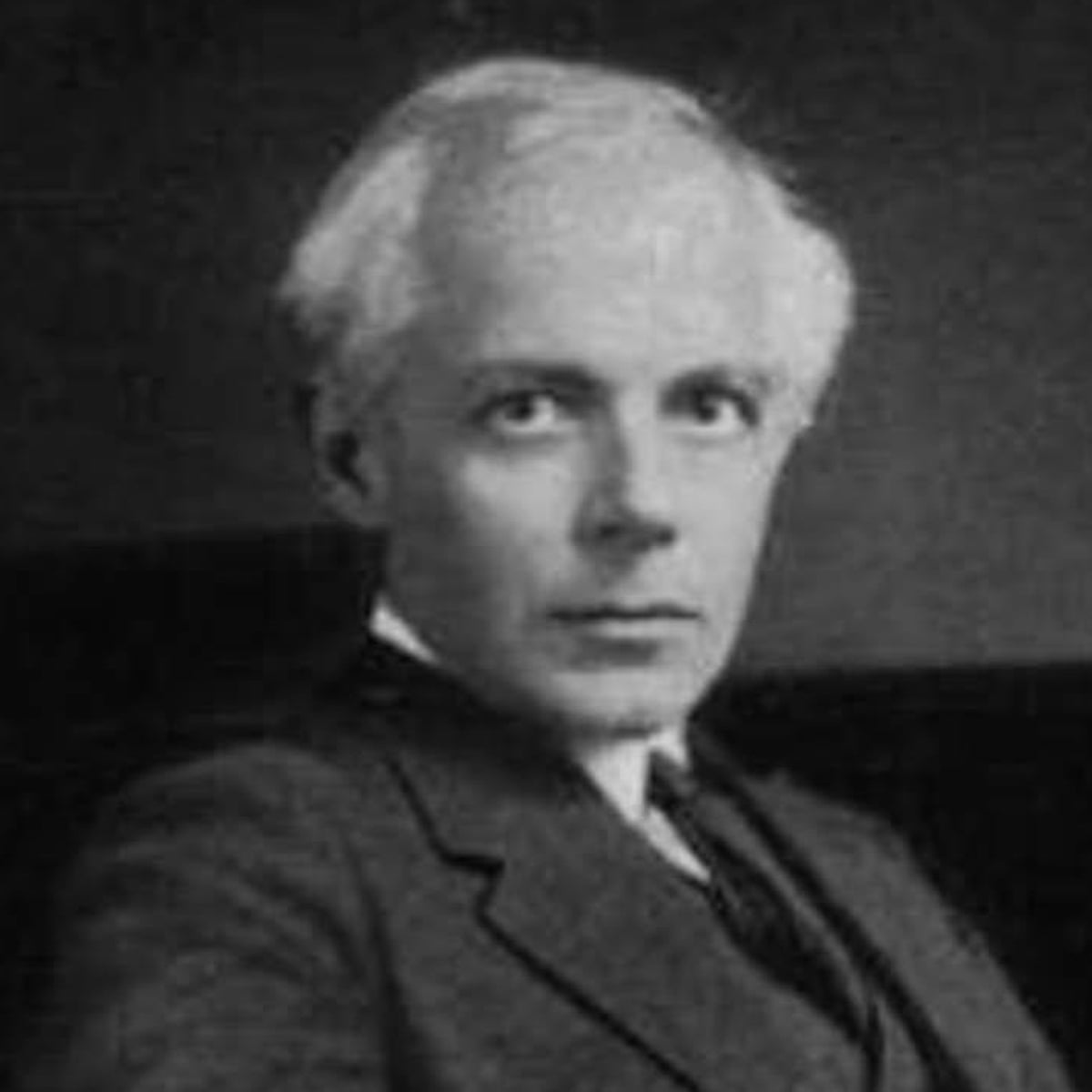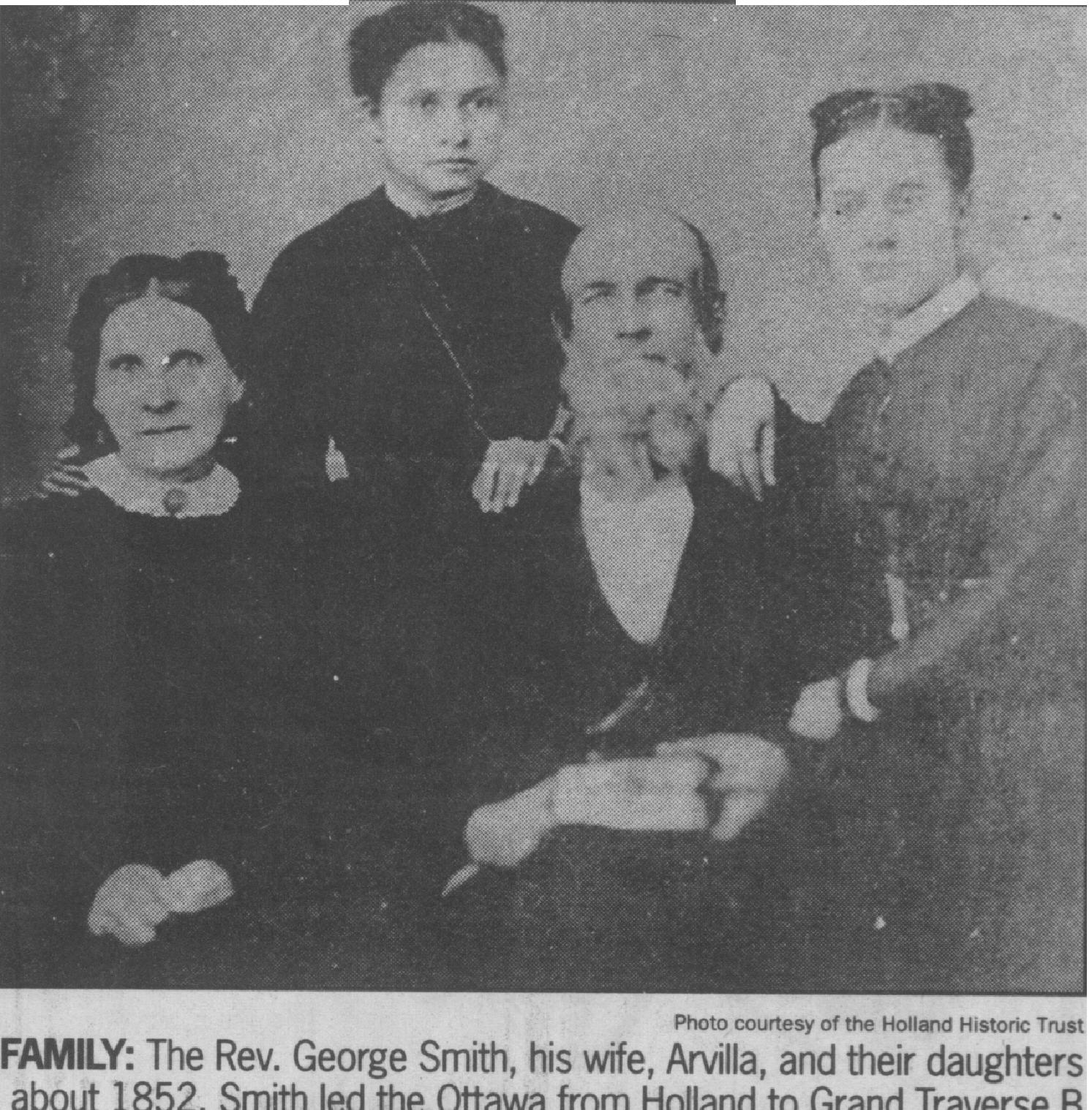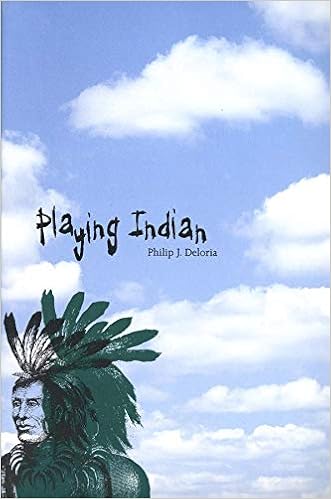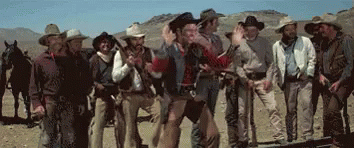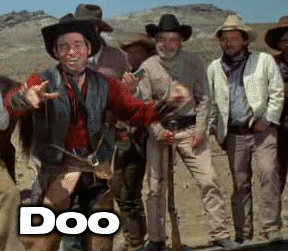It’s not as easy to retire as you might think. I’m coming up on six months since I retired. I am easing into being more and more my true self. I monitor myself for compulsions. Since I can basically do most of what I want to do, I notice closely when I feel that I “should” be something. Most of these compulsions are left over from my previous un-retired life. Most of them do not apply to who I am now.
I would probably listen more closely to the old compulsion to continue to improve my musical skills. But I know that my skills of executing music are ebbing a bit in the face of my hands shrinking. So I haven’t done much technique practice since retiring. Unless I can get my hands fixed (which is something Eileen keeps saying I should look into again), it seems weird to throw myself deeply into maintaining and improving my basic music skills.
The freedom that I was hoping for has been very gradual in coming. At the same time I think I am rapidly changing my understanding of myself. In a good way. I have been interested in growing and changing, but this change is very fundamental.
First of all, rabbit holes are available. By rabbit hole I mean the ability to follow distractions and curiosities in a way that is difficult when trying to do all the stuff I think I needed to do when I had a job.
And now I can follow multiple rabbit holes. In the back of mind a composition is rattling around. Probably more than one. But in the foreground is seeking a better understanding of the country where I live. When I was working it felt justified to read books about music and church stuff. Now I feel justified in basically reading whatever I want to. Right now this includes Fugitive Poses by Gerald Vizenor. But he’s only one of several books I am reading about native Americans.
This reading is contributing to my thinking about using traditions like native American and African American and Appalachian in my composition. I am rapidly coming to an understanding of what it means to appropriate traditions. Vizenor has taught me that my understanding of the “other” in my country has more to do with the dominant cultural understanding than any clear picture of people who are coming from these points of view.
This is helpful to me and has been so in many ways.
In addition I have been thinking a lot about my extended family of origin and how I fit in to it. Vizenor, Stein and others (especially poets) have helped me see myself a little more clearly and to take responsibility for my self in as many ways as possible.
I usually wonder how I fit in to the story of my family. I wonder this because so many times in my life I haven’t seem to do so. Since I’m not unhappy with who I am at this point, it’s helpful to consider that much if not of all of my disconnectedness has more to do with how others both within and without of my family system have attempted to define me, often as “other.” This kind of defining has come more from people around me than myself since I see myself so differently.
This is helpful.






